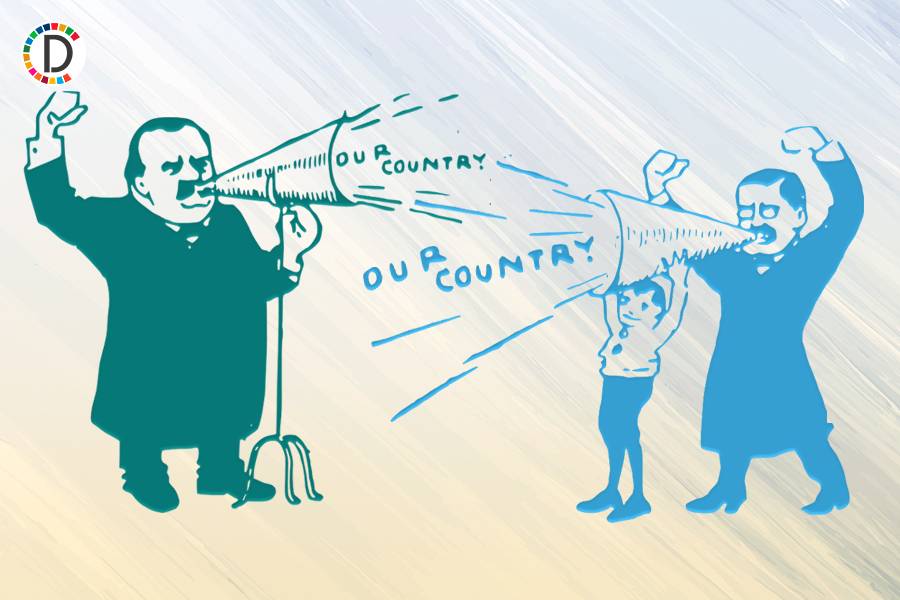Iceland's Political Turmoil: A Tale of Volcanos, Immigration, and Economic Strain
Iceland heads to early elections amidst immigration, energy, and economic tensions. PM Benediktsson called the election, citing coalition disagreements. Polls predict upheaval with diminished support for current governing parties. The 2008 financial crisis still resonates, causing persistent political fragmentation and introducing new parties. Housing, economic issues, and immigration fuel ongoing challenges.

- Country:
- Iceland
In the wake of political discord over immigration, energy policy, and economic concerns, Iceland is poised for early elections. Prime Minister Bjarni Benediktsson dissolved the coalition government, stating irreconcilable differences as the primary reason for this move.
This election marks Iceland's sixth since the 2008 financial crisis, an event that has left a lasting impact on the nation's political landscape. Opinion polls suggest significant changes, with support for the ruling parties at an all-time low.
The election will test Iceland's democratic fabric as it faces increased immigration, inflationary pressures, and unresolved housing issues compounded by recurrent volcanic activity. The Althingi's next composition remains uncertain, as the country grapples with these multifaceted challenges.
(With inputs from agencies.)
- READ MORE ON:
- Iceland
- election
- politics
- Benediktsson
- coalition
- immigration
- economy
- Althingi
- volcano
- inflation
ALSO READ
Shiv Sena Stands Firm on Home Department Demand Amid Maharashtra Coalition Tensions
Ireland's Election Showdown: A Battle for Coalition
Austria's Rocky Road to Coalition: Nehammer's Strategic Push
Breaking Trade Barriers: How AfCFTA Can Transform Africa’s Economy
Maharashtra's New Leadership: A Coalition Power Play










